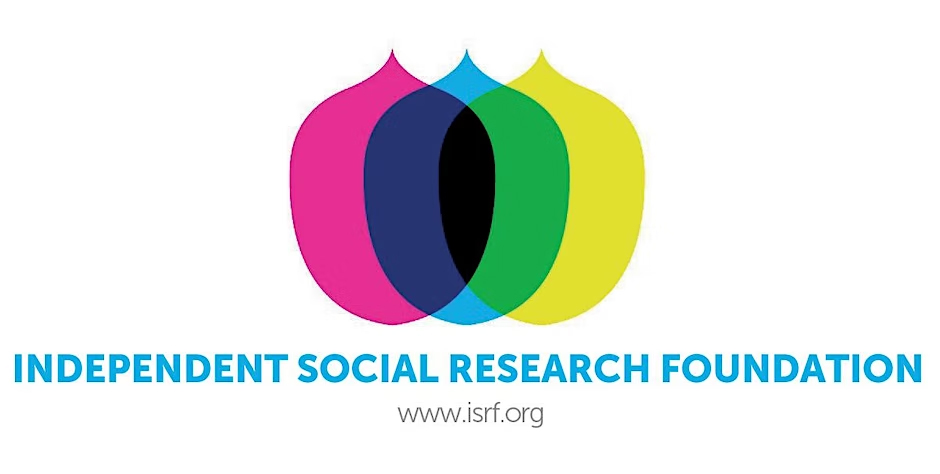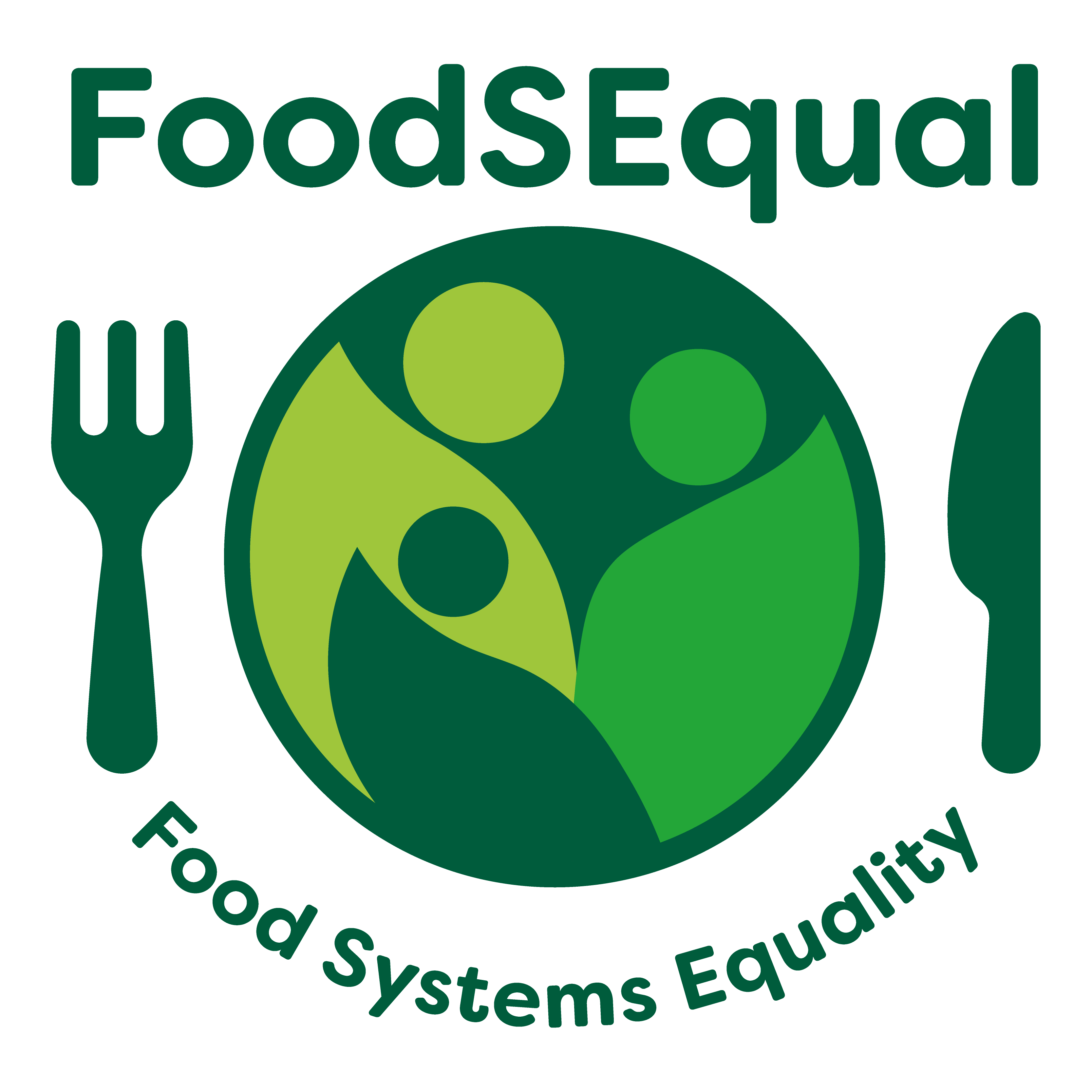
- This event has passed.
The Racialised, Classed and Gendered Politics of Food Pedagogies
Event Navigation

This is a virtual event.
6pm – Dr. Elaine Swan
Paper title: What makes a food pedagogy pedagogical? Mediation, Nutritionism, Whiteness and Visuality
In this paper, I take up the argument that what makes pedagogical processes pedagogical has been ‘blackboxed’ (Watkins at al., 2019) by discussing research I am undertaking in collaboration with community researchers from the Women’s Environment Movement. Funded by the UKRI, this research forms part of the Transforming Food Systems project. Since the early use of the term of food pedagogy by Jennifer Sumner, researchers deploy the analytic lens of food pedagogies to analyse how cultural and social processes and relations inside and outside of institutionalised education attempt to shape the feelings, thoughts, practices, embodiments, subjectivities and imaginings of children and adults in relation to food. Studies focus on how learning about, or through food works across a range of power relations, scales, media and domains (see for instance, Flowers and Swan, 2015; Leahy and Pike, 2015; Rich and Evans, 2016; Lalli, 2021; Jones, 2019). A particular focus is how forms of food subjectivity and food conduct are ‘capacitated, regulated and shaped’ (Watkins, Noble and Driscoll, 2015); with a few researchers examining how these produced gendered, racialised, heteronormative and classed inequalities across public, private and domestic spheres (Luke, 1996; Jones, 2019; Flowers and Swan, 2015).
But theorising on food pedagogy does not always make clear what makes a space, practice or process ‘pedagogical’ (see Sandlin, O’Malley and Burdick 2011 and Watkins et al., 2019 for discussion on this related to public and cultural pedagogies). Thus, as Gurpinder Lalli and I write in our call for papers (2021), we need to ask what are the specificities of what makes food, and food education ‘pedagogical’ and with what racialised, classed, and gendered effects (Flowers and Swan, 2015)? How do the various sites, spaces, processes and products cast as food pedagogy ‘actually operate as pedagogy’ (Sandlin et al., 2011: 359)? What are the pedagogical processes: ‘the mechanisms and interactions that enable an individual’s capacity to learn’ through food practices, media, and technologies (Burdick & Sandlin 2013: 143)? As Megan Watkins et al. (2019) question: what are the particular social and cultural effects which are seen to constitute classed, gendered and racialised subjects? How are forms of conduct are acquired through particular relations and practices across a range of settings?
Rather than assuming food pedagogies are ‘forces’ which ‘shape’ our identities, what we think and feel, and how we act, we need to research how processes ‘operate’ on us: examining what of us is ‘shaped’, and what ideal endpoint we are ‘shaped’ into. Using pedagogy as an analytical lens means examining the pedagogical dimensions of processes found in social theory such socialisation, reproduction, interpellation, embodiment and mediation (Watkins et al., 2015). Thus, more focus should be given to theorising what the ‘catalytic stuff’ of food pedagogies is and how it ‘works upon us’ (Swan 2007, 2008). Hence in this paper, taking up Noyan Jones’ (2019) point that food pedagogies based on hegemonic nutrition and healthism perpetuate racialised ideologies about food and health. More specifically, using visual images, I explore how we might understand mediation as a pedagogical process which reproduces whiteness, gender and class.
7pm – Dr. Tammara Soma
Paper title: Gifting, ridding and the “everyday mundane”: the role of class, gender, and privilege in the pedagogy of household food waste management, prevention and reduction in Indonesia
Overview: Through the lenses of food justice, this talk will demonstrate the importance of considering household food waste practices and pedagogy within the framework of unequal power dynamics (class, gender, and privilege) in a household unit in Indonesia– especially between employers and their domestic helpers, as well as between upper-class individuals and lower-class members. Informed by the “food waste regime” conceptual framework, this talk will examine the complex food provisioning practices of Indonesian households. This study draws upon 21 in-depth interviews with households of varying incomes, multiple site visits, participant observation, and going along on grocery trips to better understand the power dynamics and practices that result in, or prevent the generation of household food waste. In addition, 12 key informant interviews with government officials, traditional food vendors, supermarket managers, and a waste collector was also conducted. In an Indonesian context, understanding the interclass and gendered dynamics of the household (namely, who gets to define what is “food” and what is “waste”), and understanding how diverse types of pedagogy play a role in food waste prevention/reduction can help promote solutions that are socially and environmentally just.
Keynote speaker biographies:
Dr. Elaine Swan is a Reader in Feminist Food Studies based at Sussex University Business School. She is currently co-PI on the UKRI Transforming Food Systems project and researches food lives in Tower Hamlets, London in collaboration with community researchers from the Women’s Environmental Network. She has been writing about race, gender and food pedagogy in the UK and Australia for over ten years and is currently co-editing a special issue on foodwork for the journal Gender, Work and Organization.
Dr. Tammara Soma MCIP RPP is an Assistant Professor at the School of Resource and Environmental Management (Planning program) at Simon Fraser University and Research Director of the Food Systems Lab. Originally hailing from Indonesia, she conducts research on issues pertaining to food loss and waste (FLW), food system planning, food security, food literacy, and the circular food economy. Dr. Soma is a Co-editor of the Routledge Handbook of Food Waste, and co-founder of the International Food Loss and Food Waste Studies group, a global network of food loss and waste researchers and practitioners. Dr. Soma was selected as a committee member of the US National Academies of Sciences and co-authored the consensus study A National Strategy to Reduce Consumer Food Waste. She leads numerous tri-council funded research projects and is routinely featured in international and local media (BBC, CBC, TVO, CTV, Huffington Post, National Observer, Chatelaine and more). In 2021, the Food Systems Lab was recognized as one out of the four women-run projects that are redefining agriculture by the Canadian Organic Grower. She was also named in Chatelaine magazine as one of the 10 inspiring Canadian women saving the environment and a Style Canada 30 Changemakers. She is a registered professional planner and a proud mother of three earthlings.
Food pedagogies
Current studies of food pedagogies across different spheres and sites contribute to our understanding of food curricula and processes, moralities, politics and social hierarchies of difference, but there is still much work to be done and which this workshop invites. The focus on food studies pedagogy provides a forum to explore the specificities of what makes food, and food education ‘pedagogical’, a topic somewhat under-developed to date. How are the processes of formal and informal ‘teaching’ and ‘learning’ designed and performed specifically across different social spaces, relations and practices in relation to food? Secondly, the relationship between the ‘pedagogical state’, its programmes, food citizenship and expectations for schooling and teachers can be deepened through attention to the materialities of food, embodiments and the senses. Thirdly, much research on adult food pedagogies focuses on middle-class foodies but neglects the education and training of food pedagogy related semi-professions such as nurses, mid-wives, fitness experts and dieticians. Fourthly, the ongoing global pandemic has intensified questions about food work and food inequalities but the politics of food pedagogies related to Covid-19 have yet to be explored, especially in relation to the hostile environment and food poverty.
Food pedagogies have been defined as attempts by a range of agencies, actors, institutions and media to ‘teach’ about growing, shopping for, cooking, eating and wasting food.
About the project
This project has been funded by the Independent Social Research Foundation (ISRF) and will lead to a call for papers for a special issue in the Food, Culture and Society journal, which brings key sociological debates of food pedagogies to the surface.

